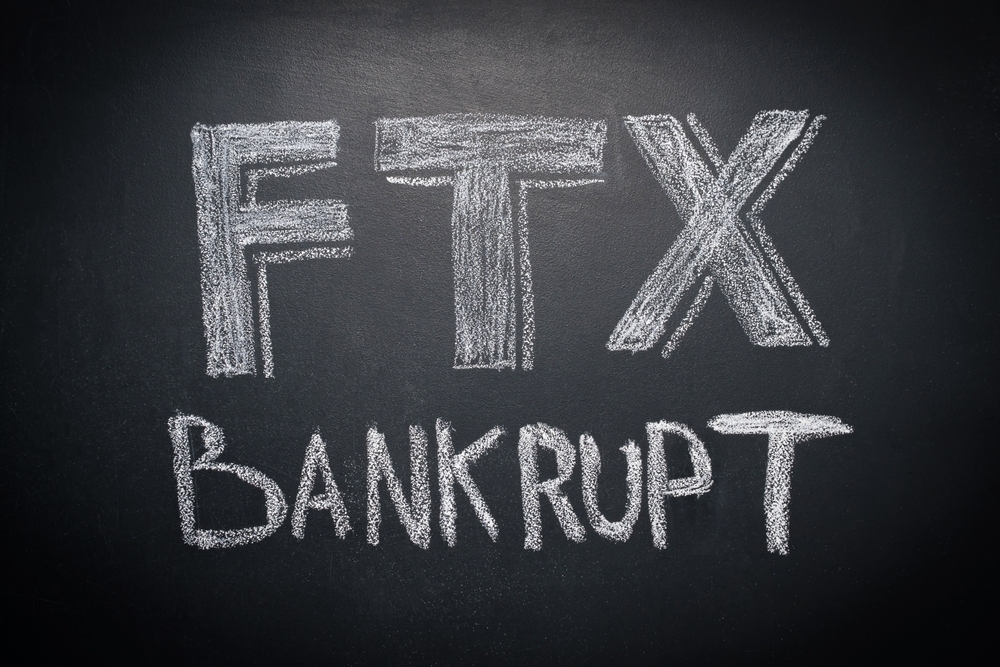The leading crypto exchange FTX & its sister trading company Alameda Research filed for bankruptcy on 11 November. That came a week (7 November) after the founder of these companies, Sam Bankman-Fried, tweeted that FTX and investor assets were unbothered.
Meanwhile, experts are still uncovering how the renowned exchange and its sister cryptocurrency firm fell. FTX was valued at over $32 billion some months ago. Meanwhile, there’s an alleged scam. Most institutional and retail investors might not recover their currently-frozen assets on FTX.
Notable firms, including Ontario Teacher Pensions, BlackRock, and Sequoia Capital, had invested in SBF’s crypto company. Furthermore, Alameda Research and FTX had invested in over 250 decentralized finance (DeFi)- related startups, blockchain ecosystems, and cryptocurrency.
Many remain shocked, believing SBF deceived them. Nevertheless, some responses indicate fallacies about total impressions, including blockchains, cryptocurrencies, and decentralization. These umbrella terminologies house multiple types of technologies, individuals, and procedures that market players need to assess before analyzing possible risks & rewards.
‘That Confirms Need for Decentralized Finance’
Some market enthusiasts reject central finance, citing its connection with the FTX platform. FTX is a centralized cryptocurrency exchange that demands investors trust a 3rd party (SBF and team) to handle their funds.
Decentralized finance (DeFi) comes in various forms, and some demand trusting third parties. Remember, decentralization may mean technology or/and governance. That presents a crucial distinction.
Investors who mistake decentralized control & decentralized technology might mistakenly trust third parties. Furthermore, centralization and decentralization aren’t complete concepts – they denote the ends of a large spectrum.
For instance, individuals regard blockchain as decentralized. However, ongoing debates question this extent. Two questions can help determine to what extent an entity is centralized or decentralized.
- The technology they use, is it decentralized?
- Who decides about the entity’s future, and how decentralized is the decision-making process?
Decentralization doesn’t necessarily welcome good outcomes & centralization isn’t always bad, and vice versa. Enthusiasts reacting to FTX fall by resorting to DeFi should specify their desired DeFi component.
‘Crypto’s Future vs. Crypto’s Dead’
Some believe crypto is dead, while others trust it’s the future. Meanwhile, cryptos differ. For instance, Bitcoin, Ethereum, and FTT don’t share similar underlying objectives, governance structures, or technologies. Moreover, they could diverge more when regulatory classifications surface.
Most crypto investors remain concerned about third parties’ impact on crypto prices amid FTX’s aftermath. You should check whether there’s a central body perceived as a leader of any crypto you may want to buy.
Centralized leadership may remarkably stimulate the asset’s price. For instance, FTX regularly bought & destroyed some of the FTT coins in circulation, driving the token’s price higher. FTT has seen a massive downfall following FTX’s crash.
The current unclear regulatory framework makes it arduous to utilize more precise terms to distinguish cryptocurrencies. For example, it’s uncertain whether assets such as Ether fall under the commodity or security category. The value of any currency, fiat or crypto, is eventually a social hypothesis.
Enough individuals trusting the current has value makes the currency value. For cryptos, primary objectives, regulatory classification, associated leadership, and underlying technology likely determine the perceived valuations. Time will reveal which assets will remain valuable in the longer term.
‘Trust Immutable Blockchain, Not Humans’
Blockchains are only as truthful as the individuals who create and run them. Meanwhile, blockchains come in varying forms. You can ask these questions when evaluating different blockchains:
- Is it a public or private blockchain?
- What’s its underlying accord mechanism?
First and foremost, though all blockchains utilize decentralized technology, not all embrace decentralized governance. That depends on whether it’s a private or public blockchain.
Private Blockchains – have more centralized governance and need individuals to trust a third party that owns and runs the platform.
Public Blockchains – enable anyone with internet access to transact while ensuring anonymity. They boast more decentralized governance. Secondly, blockchains aren’t immutable. Immutable implies that no one can delete or change blockchain records without exception.



